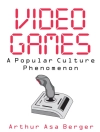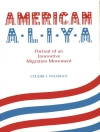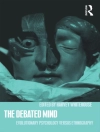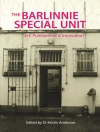’Neatly and succinctly takes readers through ways to understand and interpret the label of ‘antisocial’ behaviour in a wider context, showing how it is socially, historically and culturally produced as well as understood in professional health and policing or correctional contexts.’
– Cathy Coleborne, University of Newcastle, Australia
'A timely work given the present global shift in the use of social media and violence. Cate Curtis’ book serves as a multinational mini-meta-analytic review of anti-social behaviours’
– Richard Langford, University of Hawaii West Oahu
'Cate Curtis’ coverage in this book is breath-taking. It is centred on challenging taken for granted assumptions concerning the three Rs: ‘risk’, ‘resilience’ and ‘recovery’ whilst questioning what is respectable everyday activities and extreme behaviour in culture and society.’
– Shane Blackman, Canterbury Christ Church University
Cate Curtis seeks to disrupt assumptions about anti-social behaviour by bringing together a host of key concepts and theories applicable to the field. Going beyond individualised discussions, the book explores broader concepts such as the social construction of ‘anti-social behaviour’, ‘risk’ and ‘resilience’, and the social contents and influences under which these are most likely to occur.
An excellent companion for researchers and postgraduate students in of anti-social behaviour across criminology, social psychology, sociology and social work.
Spis treści
Introduction
Perceptions and Concepts: Constructing Anti-Social Behaviour
The Politics of Anti-Social Behaviour: Policies and Values
Ordinary Anti-Social Behaviour: Everyday Hassles
Anti-Social Behaviour as a Social Activity: Group Processes
New Technology, New Media: Transmitting New Behaviour?
Prevention, Intervention and Punishment: Risk, Resilience and Recovery
O autorze
Cate Curtis teaches social psychology. Her research interests include the construction and conceptualization of “risk” and “resilience, ” particularly as they pertain to young women, and social factors implicated in “anti-social behavior.”












